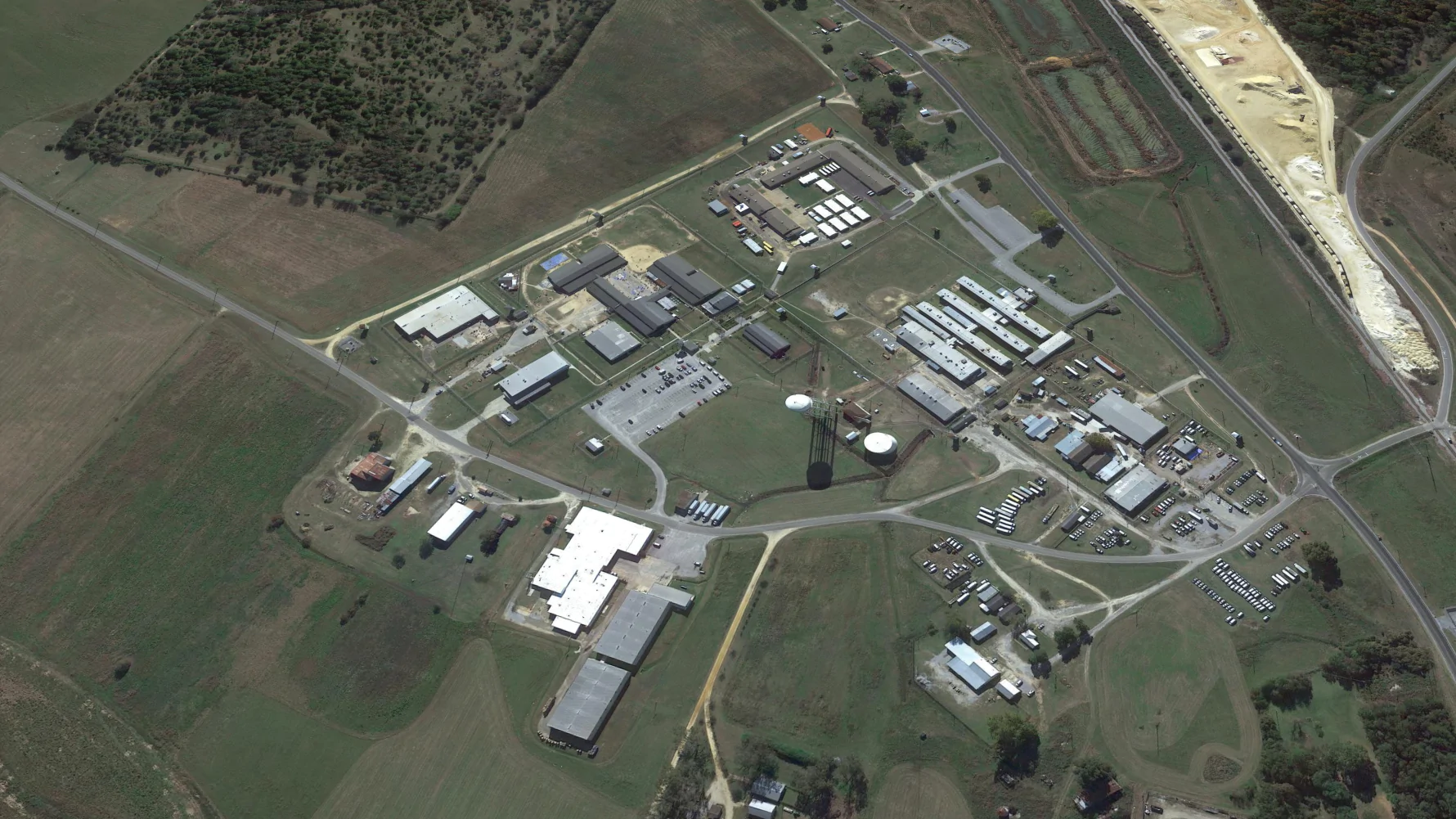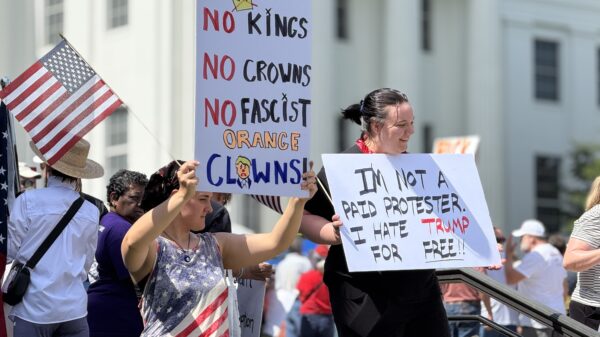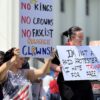There’s an argument to be made about the dangers of looking back on 2020, but since we’ve come this far I thought I’d revisit some of my stories this year that I think are worth remembering as we head into the new year.
Alabama’s prison crisis
When the U.S. Department of Justice on Dec. 9 filed a lawsuit against the state of Alabama and the Alabama Department of Corrections alleging violations of inmates’ constitutional rights to protection from prisoner-on-prisoner violence, sexual abuse and excessive force by prison guards, it came as no shock to any reporter who’s covered Alabama’s prisons.
The story of the death of 38-year-old Darnell McMillian, a man serving at Donaldson prison, on June 22 perhaps gives a better glimpse than any story I’ve written this year as to why the DOJ began investigating Alabama’s prisons for men several years ago.
McMillian died after three correctional officers placed McMillian in suicide cell with an inmate who was known to be aggressive. Through worker’s statements and through an internal document I obtained, I learned that officers used an excessive amount of powerful pepper spray, which the workers believe may have contributed to his death.
The DOJ in a report released July 23 noted systemic problems of unreported or underreported excessive use of force incidents, a failure to properly investigate them and attempts by correctional officers and their supervisors to cover them up.
“These uses of excessive force — which include the use of batons, chemical spray, and physical altercations such as kicking — often result in serious injuries and, sometimes, death,” the report found.
Protests against racial injustice
Journalists across the country covered protests over the summer, following the death of George Floyd by a police officer in Minneapolis. I found myself in Gadsden on June 7 covering a Black Lives Matter march made up of both Black and white marchers that became tense when a group of white counter-protesters arrived to protect the Confederate monument near city hall.
Gadsden police with riot shields and a line of Etowah County sheriff’s deputies kept the two groups separate, and the protestors and speakers were able to continue speaking out against police abuse with few interruptions.
Five months later, I interviewed Jerome Gunn, a Black Live Matter organizer whose Gadsden business, a building that was also a meeting place for the Black Lives Matter chapter and where he operated a charity helping to feed the homeless, was firebombed. He’d been receiving threatening letters at his business and home in the months that preceded the fire.
“They’ve been mad since we started Black Lives Matter Gadsden, and then with the marches and protests, all that stuff, they hate it,” Gunn told me.
The coronavirus pandemic
Once the threat of COVID-19 became clear, we knew APR would need to focus on the details, and APR’s Chip Brownlee developed our COVID-19 tracking page and began the important work of covering a pandemic that’s killed at least 4,389 Alabamians as of Monday.
I also began covering coronavirus for APR, from the Alabama Department of Corrections’ lack of a completed mitigation plan in March to the state’s public health lab just setting up testing capabilities that month. My own father’s death from COVID-19 on Aug. 27 brought home for me just how devastating this disease is for so many families, and solidified my resolve to continue covering coronavirus through trusted sources at UAB Hospital and elsewhere, to help me bring the best information I can to our readers to try and help keep them and others safe.
In October, I looked at the curious fact that the Centers for Disease Control and Prevention confirmed to the Alabama Department of Public Health in August, the expanded definition on how a person is determined to have been in close contact with someone infected by COVID-19. The CDC didn’t update or clarify its public-facing guidance on its website until late October.
The delay in announcing the change raised questions about how state health officials nationwide had been determining the public’s possible exposure to the deadly disease, and if contact tracing and mitigation efforts will be made more time- and resource-intensive with the more inclusive definition in place.
Earlier this month I reported on the ever-increasing deaths of incarcerated people who had tested positive for COVID-19, and on Dec.18 I discovered that the federal government had cut Aabama’s second shipment of the Pfizer vaccine by 40 percent.
Throughout the pandemic, I’ve reported on the state’s COVID-19 numbers. Surging cases, hospitalizations and deaths in the last several weeks have been alarming state health officials and hospital administrators, who’ve continued to warn the public that the best way to help keep themselves and loved ones safe, and to ease the pressure on overburden hospitals filled with COVID-19 patients, is to wear masks, practice social distancing, avoid travel and to not gather with those outside of your own household.
The Pfizer vaccine is being administered to hospital staff, and soon to nursing home residents and staff, and other vaccines are likely on the way, but it will be late spring or summer before vaccines are widely available to the general public, according to public health experts.
It’s been a rough year for so many, and I hope that my coverage this year has benefited our readers. Here’s to a better year, and many more stories ahead.





















































